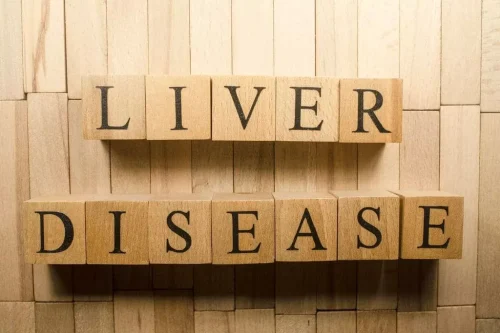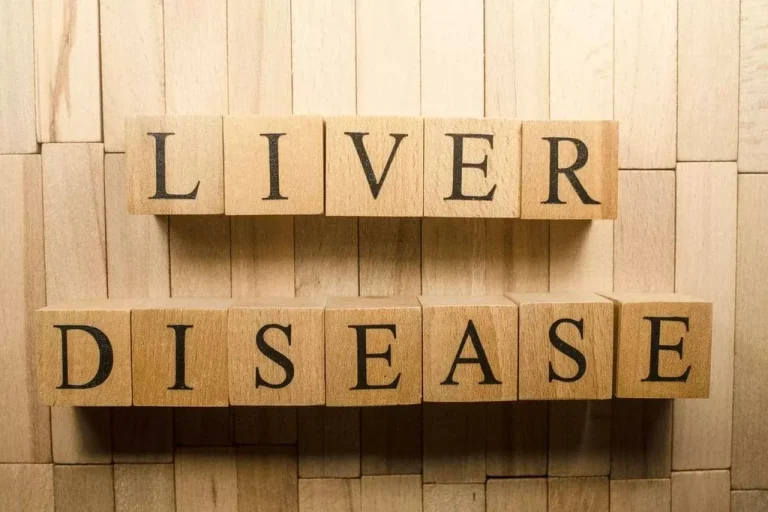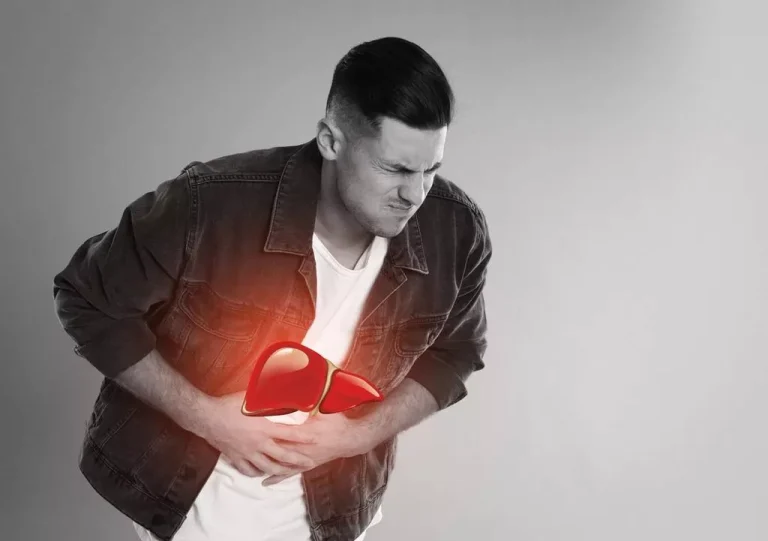Sober living
All About Alcoholic Rage Syndrome: The Angry Drunk Phenomenon and How To Get Past Alcoholic Rage

Additionally, when you don’t reflect on mistakes you’ve made, you’ll probably repeat them. To combat aggressive behavior when drinking, individuals should consciously seek help. Now that we know what alcoholic rage syndrome is, can we do anything about it? In other words, can we make our inner “Tammy” or “Jimmy” (or whatever name your boozy alter-ego might have) stay away for good? If you are close to someone who experiences alcohol-induced anger, it’s important to get help and support.

If your loved one needs help

That, paired with the way people make decisions when they’re drinking, is often a recipe for disaster. When most people think of how alcohol affects the body, the brain isn’t the first thing that comes to mind. We often think of the liver, stomach, and how alcohol damages our overall physical health. But the brain is deeply (and immediately) impacted by heavy alcohol use as well.
If You Know You’re an Angry Drunk, What Can You Do?
When it comes to anger specifically, people may experience a phenomenon called “alcohol myopia” in addition to their already heightened emotions. This scenario involves losing your sense of perception under the influence. As a result, you may be overly aggressive during a situation where you’d otherwise notice the cues that tell you to think more rationally. When someone battles AUD, they are also less likely to consistently take care of regular obligations, which can impact interpersonal relationships and their home environment.
- Conversely, the chronic consumption of alcohol can also contribute to the development of anger issues.
- And although nothing justifies murder, the son Paul Murdaugh was quite a character (and not in a good way).
Effects of short-term alcohol use
- These content outlines provided reminders as to the manualized session content relevant to each therapy session.
- If you or someone you care about is struggling with alcohol-related rage there are some steps you can take to prevent future incidents.
- Moderate drinking is having one drink or less in a day for women, or two drinks or less in a day for men.
- If drinking causes a blackout, you may not even remember being aggressive unless someone reminds you about it.
- We often think of the liver, stomach, and how alcohol damages our overall physical health.
- The Adamson, et al. (2009) review suggests that self-confidence in avoiding relapse – and during-treatment improvements in self-confidence – is a consistent predictor of treatment outcomes (Adamson et al., 2009).
Specifically, it found that problematic drinkers may be more likely to attend to aggressogenic stimuli while intoxicated, and that is, they were more likely to experience certain cues as aggressive. Among the many studied physiological and behavioral effects of alcohol is disinhibition, or reduced control over impulses or urges after intoxication. Disinhibition can make you unable to suppress or change an act of aggression that is not appropriate for the situation you’re in. Alcohol can provoke different emotional responses for different people.
- Anger can have various culprits, sometimes rational, others irrational.
- They were also required to respond to the Consideration of Future Consequence Scale (CFC).
Table of Contents

These issues can then lead to more anger and further difficulty controlling emotions and outbursts. Alcohol affects brain chemistry by altering neurotransmitters, which manage our mood and impulses. It decreases alcoholic rage syndrome inhibition and can increase stress hormones like cortisol, making some individuals more prone to anger and aggression when drinking.


